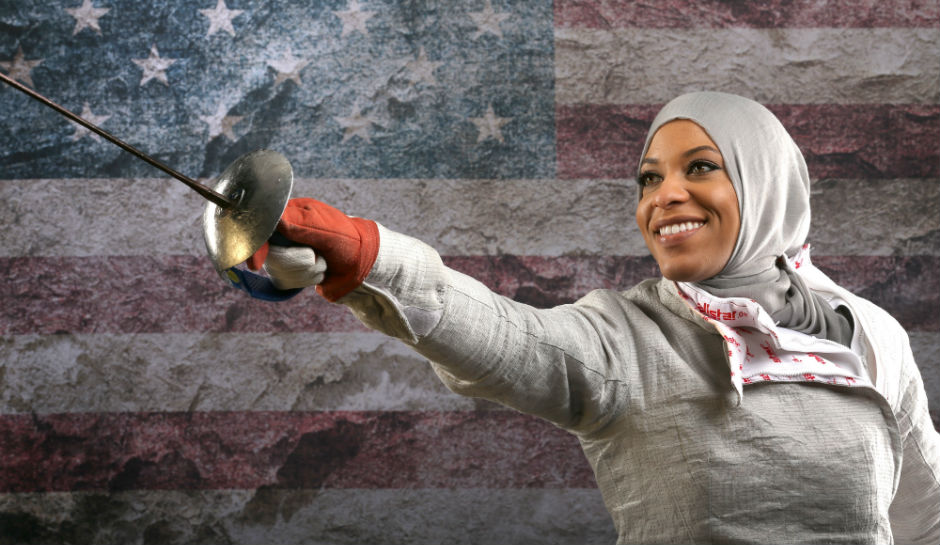October 11-13
A federal judge ruled last month that the Abercrombie & Fitch clothing chain violated federal anti-discrimination rules when it fired a Muslim employee in 2010 for refusing to remove her headscarf at work.
Abercrombie asserted that as part of its business plan, it employed sales-floor personnel as “models,” had a “look policy” that gave employees certain grooming and appearance guidelines, and sought to give customers an “in-store experience.”
Hani Khan wore her head-scarf when she interviewed at Abercrombie’s store in San Mateo, California. Khan said she accepted the “look policy” and in October 2009 started her new job, which was mainly in the stockroom, but required her one to four times per shift to restock clothes on the sales floor.
Local supervisors permitted Khan to wear headscarves, as long as they matched company colors, and never complained about Khan’s performance. But about four months into Khan’s employment, the store was visited by a district manager who noticed Khan’s headscarf. A human resources manager told Khan she could keep working at the story only if she stopped wearing her headscarf at work.
Khan was fired February 22, 2010, and filed her lawsuit with the federal Equal Employment Opportunity Commission seven days later.
“All Americans have a right to reasonable religious accommodation in the workplace, and for Muslim women this includes the right to wear a hejab to work,” said Zahra Billoo, executive director of the San Francisco Bay Area chapter of the Council on American-Islamic Relations (CAIR), which filed the lawsuit.
In its defense, Abercrombie argued that it was exercising its right to commercial free speech, and that an employee who wore a headscarf could hurt the store’s business, even though the company could not produce any evidence of economic harm.
US District Court Judge Yvonne Gonzalez Rogers wrote that while Abercrombie requires employees to “represent the brand,” it cannot demand they be a “living advertisement.”
The judge also noted that since 2005 Abercrombie has granted numerous exemptions, allowing male employees to wear yarmulkes and facial hair, a female employee to wear a jeweled cross and more than 16 women to wear headscarves.
Since Khan filed her suit, Abercrombie & Fitch has changed its policy to allow all Muslim women employed by the store to wear headscarves.
The judge’s decision in the Khan case allows her to ask a jury to award her damages. That may have been the core reason the store fought the suit even after it changed its headscarf policy.






















